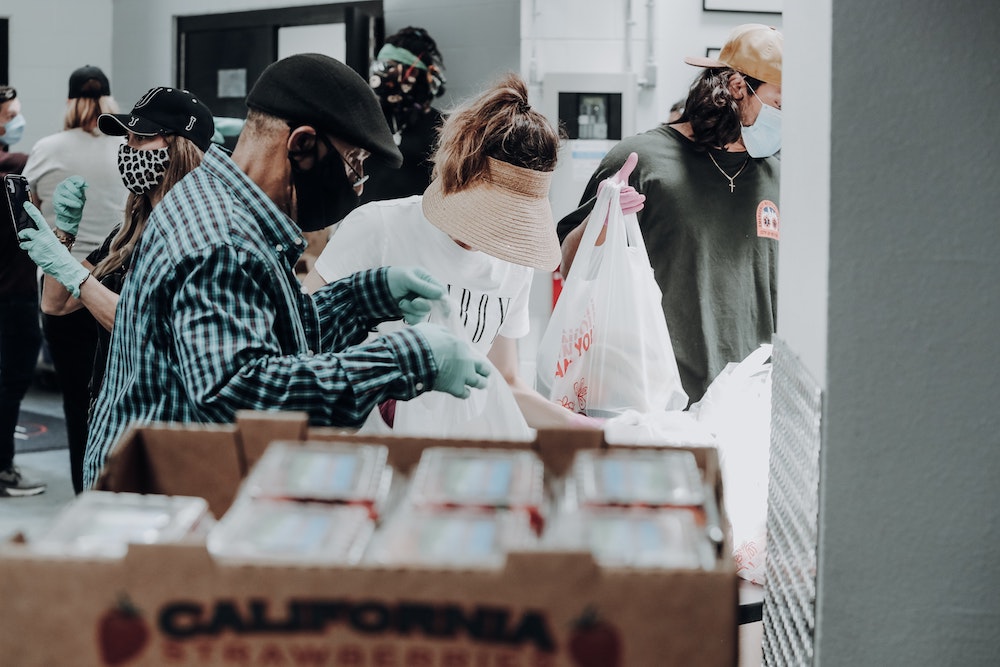ImpactAlpha, September 16 – Social enterprises need new sources of capital, as well as non-financial support, to maintain and expand operations now that it’s needed most.
“For decades, social entrepreneurs have effectively reached and helped vulnerable populations and have served as the guardians of people and the planet,” write the authors of a new report from the World Economic Forum and the Schwab Foundation. Those serving low-income populations are facing their own urgent financial challenges at the same time demand for their services is spiking.
The WEF launched an alliance of 60 organizations to answer the call to action. Among those signing on are Global Impact Investing Network and Acumen as well as Kiva, USAID, B Lab and CASE at Duke University (ImpactAlpha is a media partner).
“Everything we do during and after this crisis must be with a strong focus on building more equal, inclusive and sustainable economies and societies that are more resilient in the face of pandemics, climate change and the many other global challenges we face,” the authors write.
Roles for all
“Marginalized communities worldwide are being hit the hardest by the health and economic effects of this crisis,” the report says. The alliance’s COVID-19 Action Agenda calls on “(Impact) investors to adapt their investment priorities and processes, and provide flexible capital and must-have technical assistance,” and on corporations “to stand with the social entrepreneurs in their supply chains and ecosystems.” Government institutions must increase supporting funding, reduce regulatory barriers, and open existing service delivery channels to social enterprises engaged in COVID relief.











